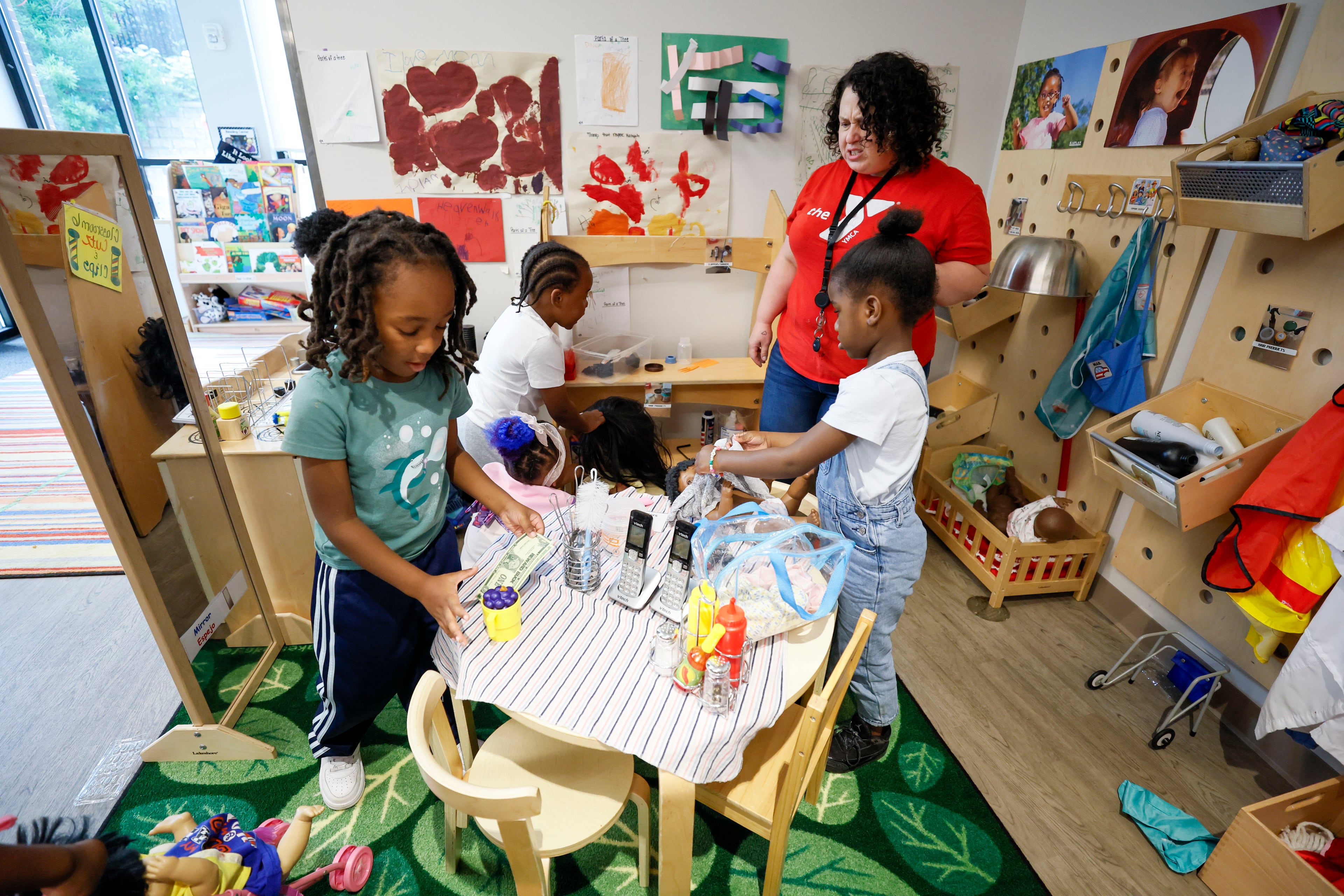Investing in Georgia nonprofits isn’t charity; it’s smart economic policy

Gov. Kemp has made it clear: Georgia is open for business. And to keep our state competitive, we need more than tax breaks and incentives. We need a healthy, stable, and prepared workforce.
That’s where Georgia’s nonprofits step in, quietly powering the very systems that keep our economy running.
Nonprofits don’t just meet needs — they make prosperity possible. From job training centers in Atlanta to rural health clinics in Bainbridge, nonprofits are on the front lines, helping workers stay healthy, housed and ready to contribute.
Programs like Head Start make it possible for parents to reenter the workforce. SNAP benefits help families put food on the table and generate spending in local grocery stores. Medicaid reimbursements keep our community hospitals and clinics open, and our doctors paid.
Programs like Community Development Block Grant support county-specific housing and development initiatives critical to local competitiveness. And support for arts and culture has a direct impact on tourism and creative economies attractive to workers and investors.
Nonprofit sector is a top 3 industry in the Peach State

That’s why proposed federal cuts to social and cultural programs aren’t just budget choices; they’re economic risks. Stripping resources from Head Start, Medicaid, SNAP, housing supports and workforce development doesn’t just hurt families. It undermines the very foundation that allows our businesses to hire, grow and compete.
Despite what we’re accustomed to thinking, nonprofits aren’t just charity; they’re economic infrastructure. And the numbers back it up. Georgia’s nonprofit sector — from major hospitals to local theaters — employs more than 576,000 people (a top three industry in the state by employment alone) and channels billions in public and private dollars into local economies.
These employees pay taxes and buy houses, cars and groceries; their organizations buy an array of services from accounting to landscaping. Many operate as lean, high-impact partners to government — delivering essential services, innovating to meet tough problems, and leveraging community trust to accomplish local economic goals.
Remind Congress that nonprofits are essential
Proposed federal funding cuts, being discussed right now in Congress, threaten both a critical industry and vital work across the state. Investing taxpayer dollars in nonprofits is not charity, nor is it an “extra” — it is smart economic policy. Georgia’s future depends on a workforce that is housed, healthy, educated and ready.

If we want Georgia to remain the most pro-business state in the country, we must also be the most pro-worker, and that means recognizing nonprofits as essential players in our state’s economic success. It also means protecting pro-business, pro-worker funding streams like Medicaid, SNAP, Head Start, and after-school and affordable housing programs, all critical to local economies and competitiveness.
We urge Georgia’s county and city leaders, as well as state legislators, and the public to speak up now. Your voice matters! Ask Georgia’s congressional leaders to protect the critical funding that powers jobs and strong local economies.
Together, we can remind Congress that nonprofits are essential to our prosperity — supporting workers, strengthening communities and powering our economy.
Karen Beavor is president and CEO of Georgia Center for Nonprofits.


